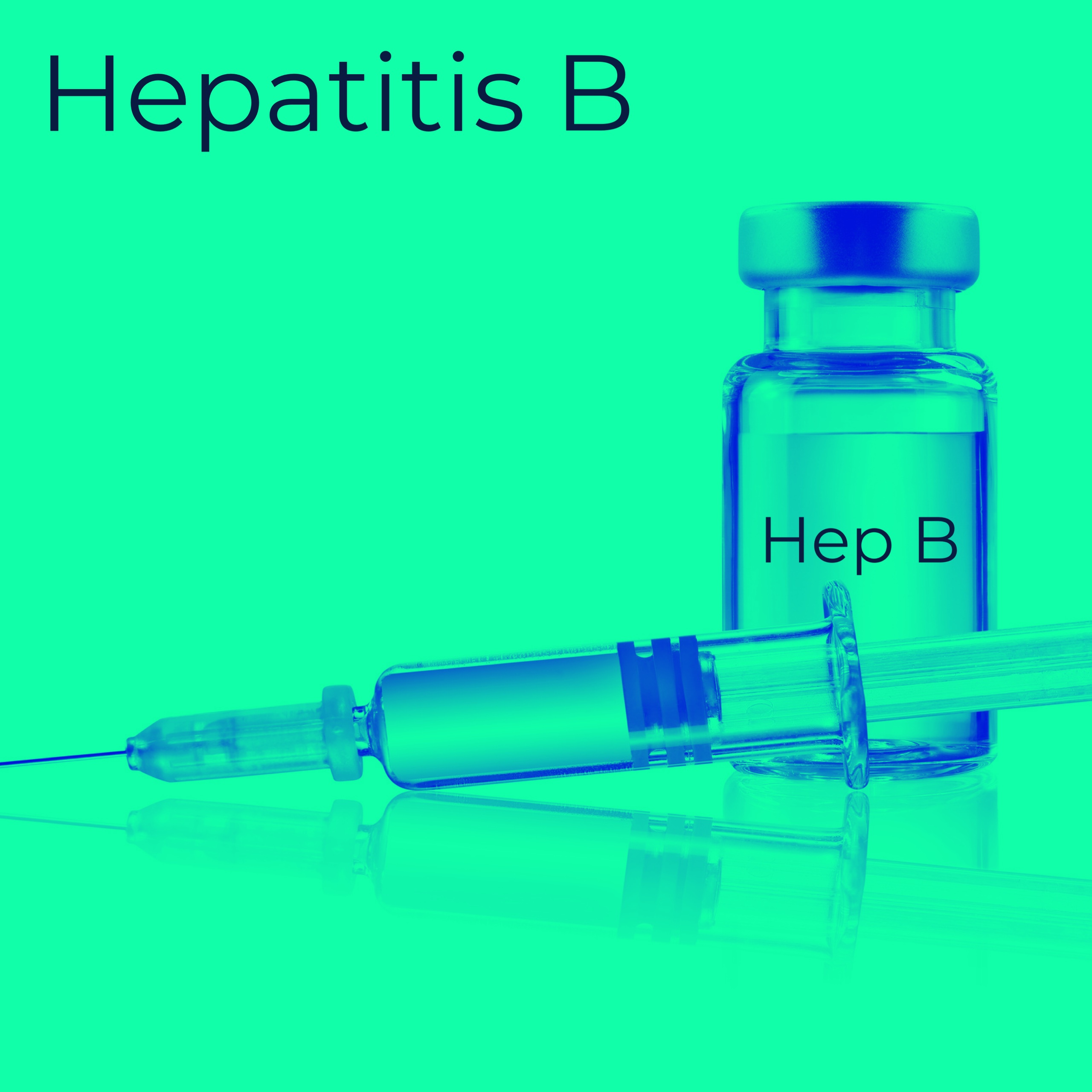Forgot password? Reset here
Hepatitis B
Hepatitis B is an infection of the liver. It is caused by a virus that is spread through direct contact with infected blood and from having sex with an infected person.
Hepatitis B infection is caused by exposure to the Hepatitis B virus which is found in blood and bodily fluids. The virus is most commonly spread during travel through sex, contaminated medical equipment, blood transfusions or needle sharing (including tattooing, body piercing and acupuncture). .
The hepatitis B virus is highly infectious and can live outside the body for 7 days and still remain infectious.
Hepatitis B is a public health problem worldwide. Areas where there is a higher risk of exposure to hepatitis B include Africa, the Western Pacific, South East Asia, the Indian sub-continent and the Eastern Mediterranean.
Infection with hepatitis B causes an acute infection. Some people get no symptoms, but for others a gradual onset may occur, and become severe leading to hospitalisation. Acute liver failure can occur.
Symptoms include, fever, stomach upset, feeling or being sick, diarrhoea, yellowing of the skin and eyes.
Vaccinations
All children born in the UK after 1 August 2017 should receive hepatitis B vaccine as part of the routine UK vaccination schedule. Anyone born before 1 August 2017 is unlikely to have been routinely given hepatitis B vaccine, so may be at risk of exposure through travel.
You should consider being vaccinated against hepatitis B if:
- you will be visiting countries where the hepatitis B virus is common
- your planned activities mean you might be at risk of exposure to the virus
There are several brands of vaccine currently available in the UK to protect against hepatitis B a healthcare proffesional will advise the reccomended schedule.

